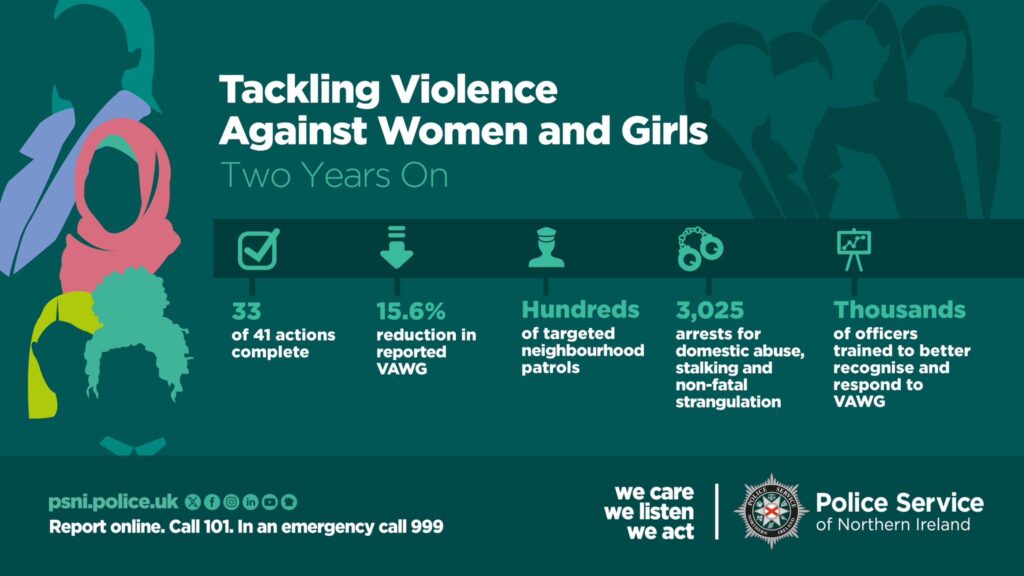
Domestic Violence in Northern Ireland on the Rise: A Growing Concern
In recent years, Northern Ireland has faced a significant increase in domestic violence cases, raising alarm among communities and authorities alike. This disturbing trend highlights the urgent need for comprehensive measures to address and mitigate the factors contributing to this rise.

Understanding the Statistics
According to recent reports, the Police Service of Northern Ireland (PSNI) recorded a record number of domestic abuse incidents over the past year. The figures reveal a worrying escalation, with thousands of cases being reported, many of which go unreported due to fear or stigma. This increase is not merely a statistical anomaly but reflects deeper societal issues that need immediate attention.
Factors Contributing to the Rise
Several factors are believed to contribute to the surge in domestic violence cases in Northern Ireland. The COVID-19 pandemic has exacerbated the situation, as lockdowns and restrictions have forced many victims to stay indoors with their abusers, limiting their ability to seek help. Economic hardship, job losses, and mental health struggles have also intensified stress and conflict within households, further fueling the cycle of abuse.
Impact on Victims
The impact of domestic violence on victims is profound and long-lasting. It affects their physical and mental health, leading to injuries, depression, anxiety, and even post-traumatic stress disorder (PTSD). Children who witness domestic violence are also deeply affected, suffering from emotional and psychological trauma that can have lasting effects on their development and well-being.
Support and Resources
Despite the grim statistics, there are numerous organizations and resources available to support victims of domestic violence in Northern Ireland. Charities such as Women’s Aid, Victim Support NI, and local community groups provide crucial services, including emergency shelter, counseling, legal advice, and helplines. The PSNI also has dedicated domestic abuse teams to respond to incidents and support victims.

The Way Forward
Addressing the rise in domestic violence requires a multi-faceted approach. Public awareness campaigns are essential to educate communities about the signs of abuse and the available support systems. Schools and workplaces should implement programs to promote healthy relationships and provide safe spaces for victims to seek help. The government must also ensure that funding for support services is sustained and increased to meet growing demands.
Moreover, there should be a zero-tolerance policy towards domestic violence, with stringent legal measures to hold perpetrators accountable. Enhanced training for law enforcement and judicial personnel can help ensure that victims receive the protection and justice they deserve.
Conclusion
The rise in domestic violence in Northern Ireland is a pressing issue that cannot be ignored. It calls for collective action from individuals, communities, organizations, and the government to create a safe and supportive environment for victims. By raising awareness, providing resources, and implementing robust policies, we can work towards reducing and ultimately eradicating domestic violence from our society.





